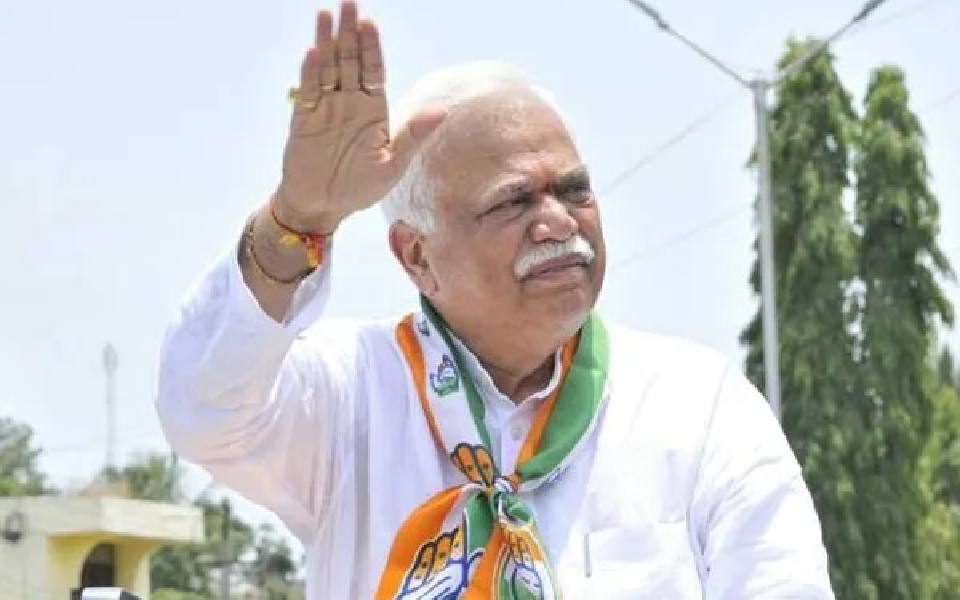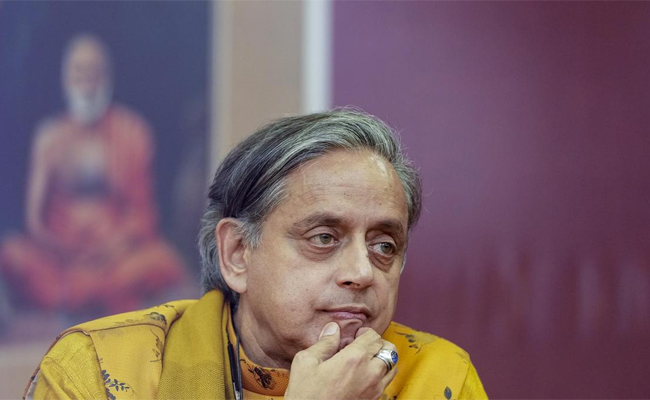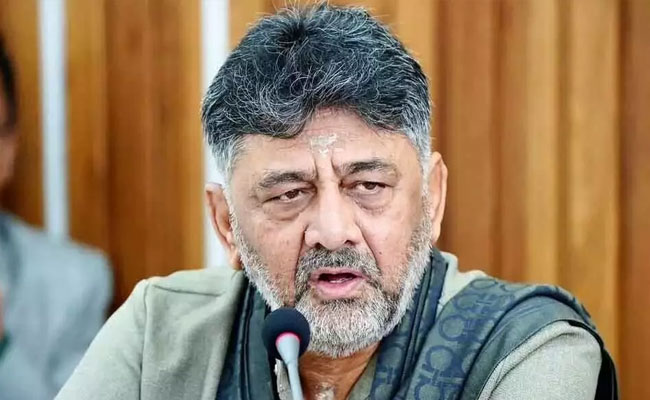Bhatkal: In an incident reported on Monday, the executive committee members of Majlis Islah wa Tanzeem Bhatkal expressed their dissatisfaction towards former Karnataka minister R. V. Deshpande during a gathering held at the Majlis Islah wa Tanzeem office in Bhatkal on Monday.
According to reports, the executive members expressed their discontent over the lack of support and assistance from Deshpande over the years, despite consistently voting in his favor in multiple elections. Tensions escalated during a meeting on Sunday, where Deshpande and Karnataka minister Mankal S. Vaidya visited the Tanzeem to discuss the upcoming general elections scheduled for May 7th in the Uttara Kannada district.
Allegations were made by the Tanzeem members that their longstanding support for Deshpande over the past three decades had not translated into tangible benefits for the Bhatkal constituency or its residents. This led to a heated exchange between the members and Deshpande, with the former minister expressing surprise and hurt at the claims made against him.
Abdul Raqeeb MJ, the General Secretary of Majlis Islah wa Tanzeem Bhatkal, confirmed the discontent among Tanzeem members, stating that there has been a growing dissatisfaction against Deshpande among the people of Bhatkal for several years. He criticized Deshpande for what was perceived as a lack of significant contributions to the development of Bhatkal and surrounding areas, especially in comparison to neighboring districts and constituencies.
"There is a General anger against the Congress party in general and Deshpande in particular. Because we have been seeing him as the senior most politician in the region and one who has sought votes from our community in all the elections in the last four decades but has not worked for the development of Bhatkal and the Muslim community here. He always believes that people of Bhatkal are rich and can take care of their development by themselves and that they do not need aid from the government or the ministries." He said.
Raqeeb also severely criticised the Congress party for what he described as neglecting the Muslim community on core issues such as triple talaq and hijab controversies, despite relying on their votes. He emphasized that while the Muslim community has consistently supported the Congress party, their concerns have often been overlooked, leaving them to face challenges alone.
Regarding the elections, Raqeeb mentioned that the Tanzeem is collaborating with other Muslim organizations in the Uttara Kannada district to address their concerns and issues, including those at the national level, with the Congress candidate.
The altercation reportedly led to a few members losing their composure, but the situation was eventually brought under control. Deshpande, while leaving the premises, expressed his dismay at being blamed for the lack of development in Bhatkal and its surrounding areas.
Let the Truth be known. If you read VB and like VB, please be a VB Supporter and Help us deliver the Truth to one and all.
New Delhi (PTI): Senior Congress leader Shashi Tharoor had a witty take on Kerala's name change on Tuesday, asking what happens now to the terms "Keralite" and "Keralan" for the "denizens" of the new "Keralam".
In a lighter vein, Tharoor said 'Keralamite' sounds like a microbe and 'Keralamian' like a rare earth mineral.
The Union Cabinet chaired by Prime Minister Narendra Modi on Tuesday approved the proposal for altering the name of Kerala to Keralam.
Ahead of the Cabinet decision announcement, Tharoor said, "All to the good, no doubt, but a small linguistic question for the Anglophones among us: what happens now to the terms 'Keralite' and 'Keralan' for the denizens of the new 'Keralam'?
"'Keralamite' sounds like a microbe and 'Keralamian' like a rare earth mineral ! @CMOKerala might want to launch a competition for new terms resulting from this electoral zeal," he said, sharing the media report on the name change.
The Legislative Assembly of Kerala passed a resolution on June 24, 2024 to alter the name of Kerala to Keralam'.
Thereafter, the government of Kerala requested the government of India to take necessary steps to amend the First Schedule to the Constitution by altering the name of Kerala to Keralam according to Article 3 of the Constitution.
The matter regarding the alteration of the name Kerala to Keralam was considered in the Ministry of Home Affairs, government of India and with the approval of Union Home Minister Amit Shah, the draft note for the Cabinet for changing Kerala to Keralam was circulated to the Department of Legal Affairs and Legislative Department, and the Ministry of Law and Justice for their comments.
The Department of Legal Affairs and Legislative Department, and the Ministry of Law and Justice have concurred with the proposal for the alteration of Kerala as Keralam.
After approval of the Union Cabinet, the president of India will refer a Bill, namely the Kerala (Alteration of Name) Bill, 2026 to the State Legislative Assembly of Kerala for expressing its views under the proviso to Article 3 of the Constitution of India.
After receipt of the views of the State Legislative Assembly of Kerala, the government of India will take further action and the recommendation of the president will be obtained for the introduction of the Kerala (Alteration of Name) Bill, 2026 for the alteration of Kerala as Keralam in Parliament.
Meanwhile, on Monday night, Tharoor said he was truly pleased to see C Rajagopalachari honoured by a statue at Rashtrapati Bhavan.
"He was its first Indian occupant as the only Indian Governor-General of India, before we became a Republic and he yielded his seat to the new President. I have long admired his convictions and was a strong supporter of his Swatantra Party in my student days," Tharoor said.
"His set of values and principles -- liberal economics and support for free enterprise, combined with social justice; strong anchoring in Indian civilization and religious faith but without a shred of communal bigotry; and a staunch faith in the rights & freedoms guaranteed by the Constitution, including keeping the government out of our kitchens, bedrooms and libraries -- remain mine to this day," the Congress MP said.
It is sad that there are so few left to follow him today, Tharoor added on X.





